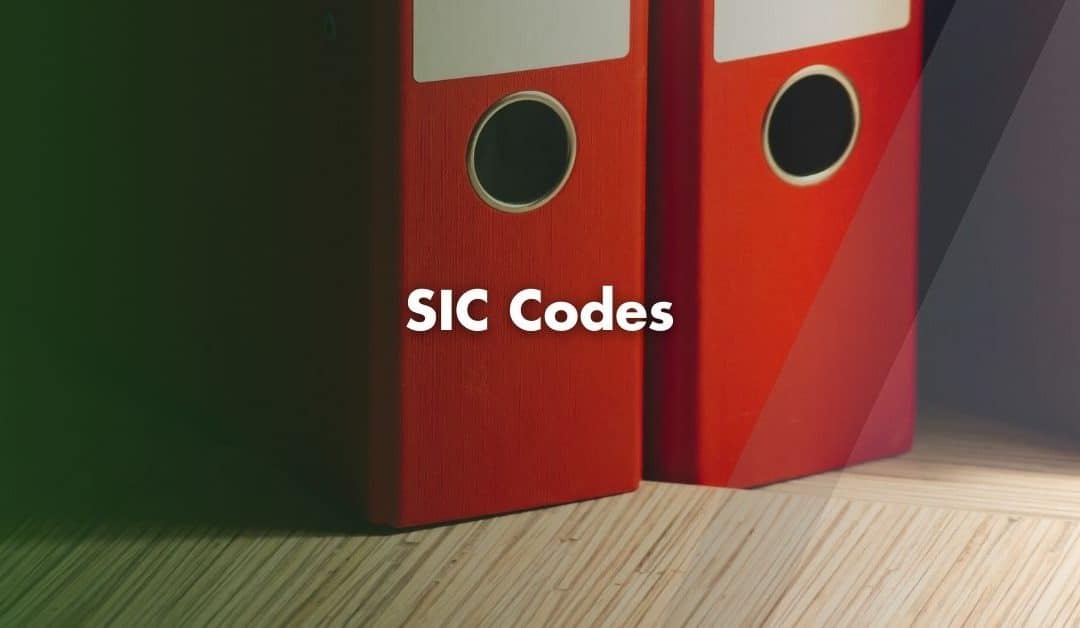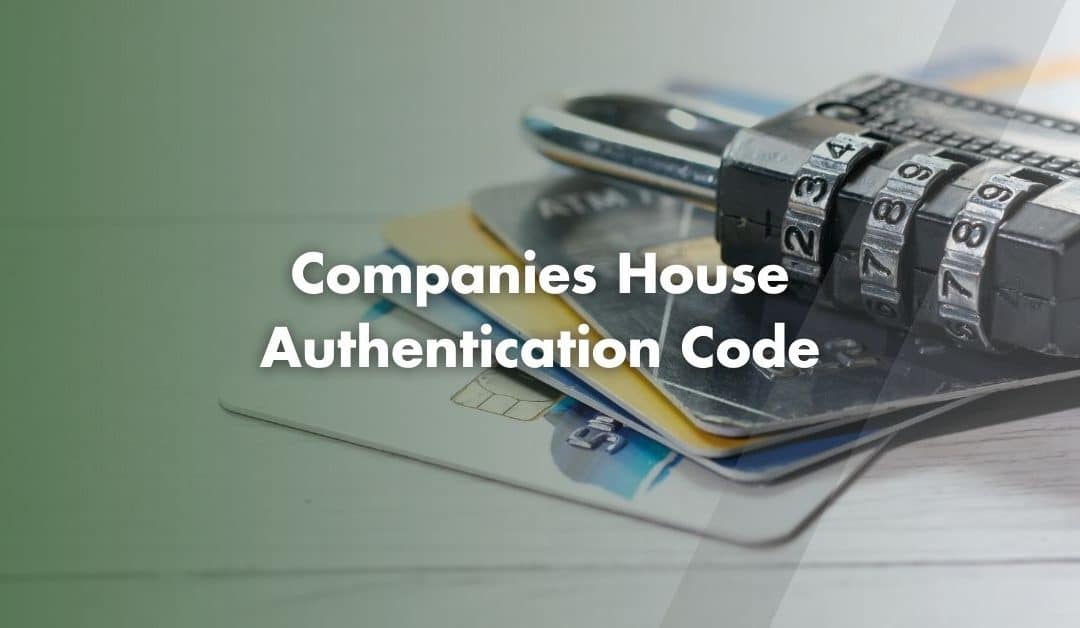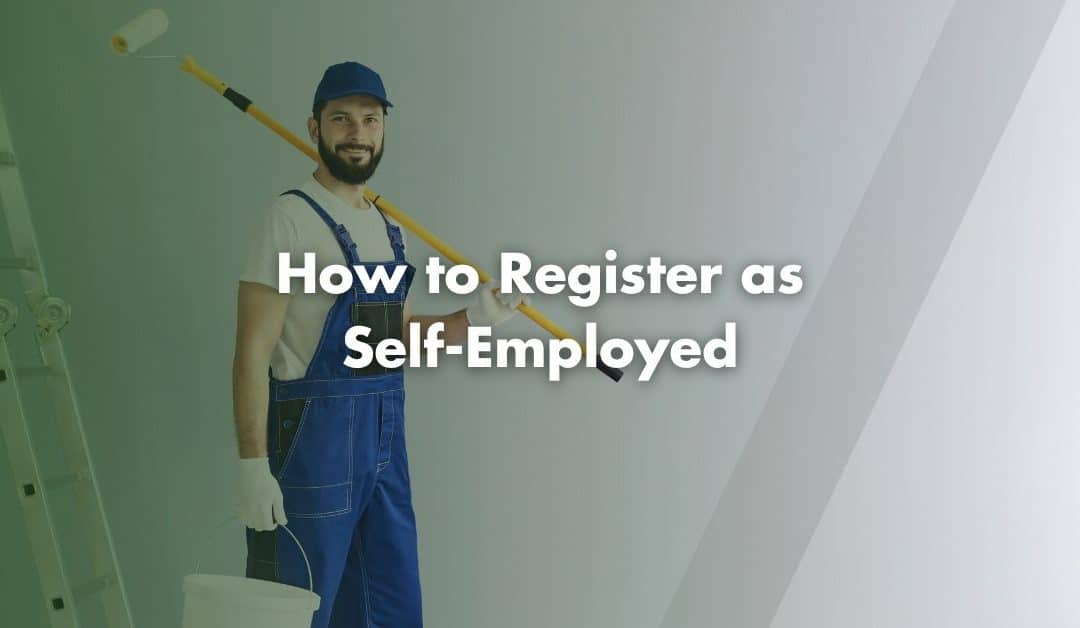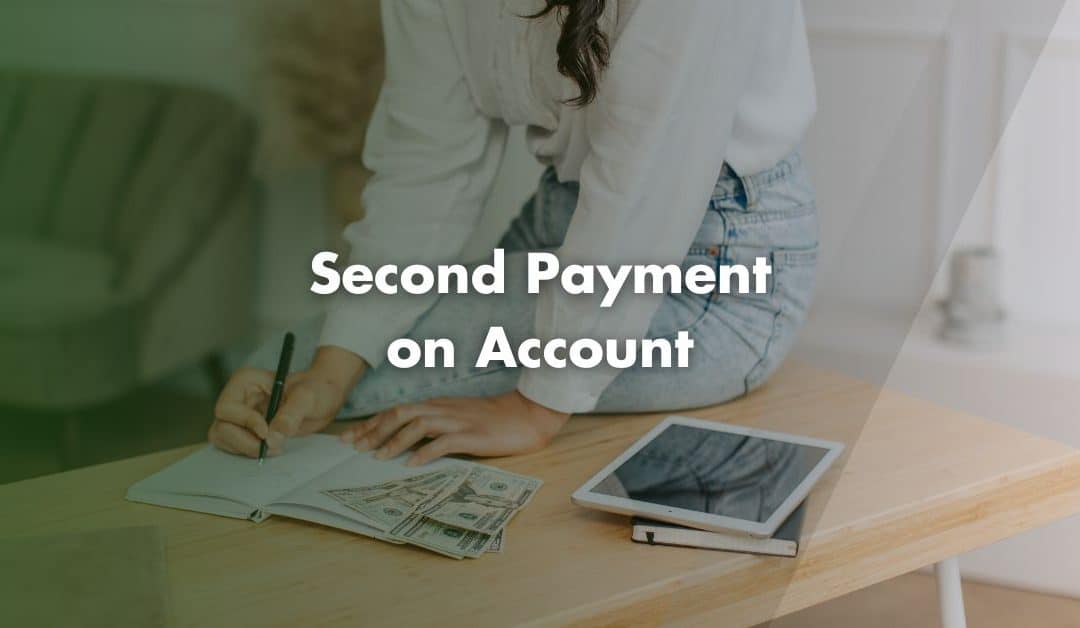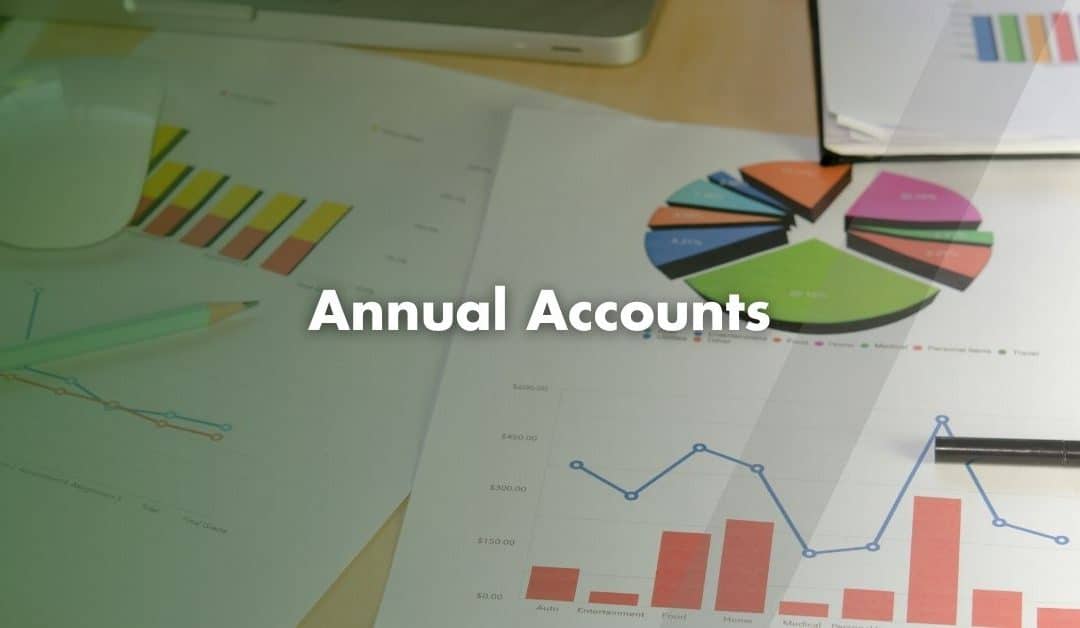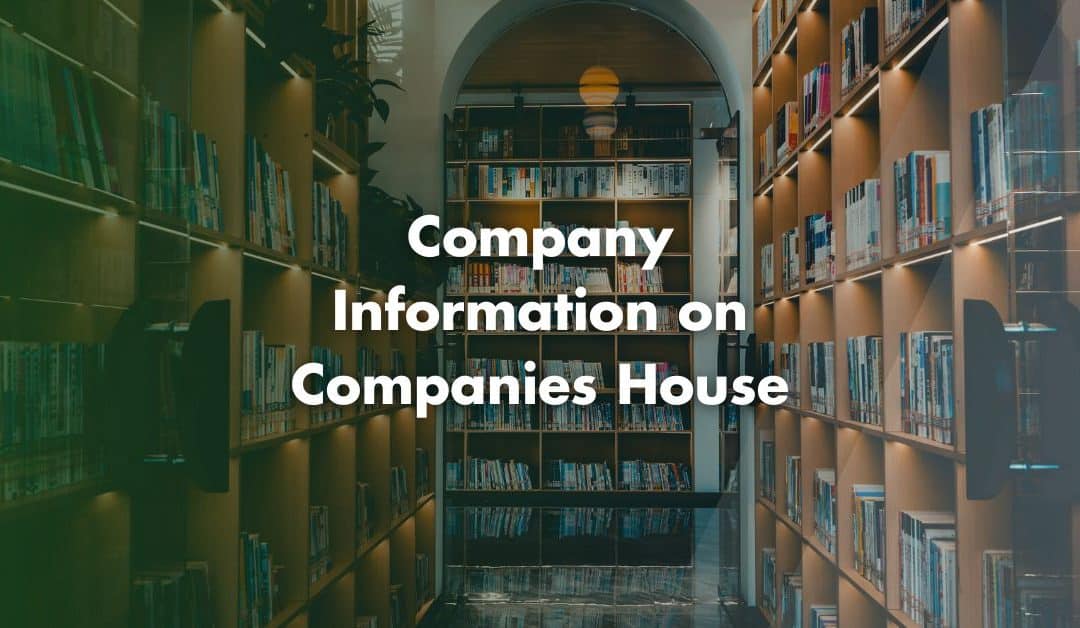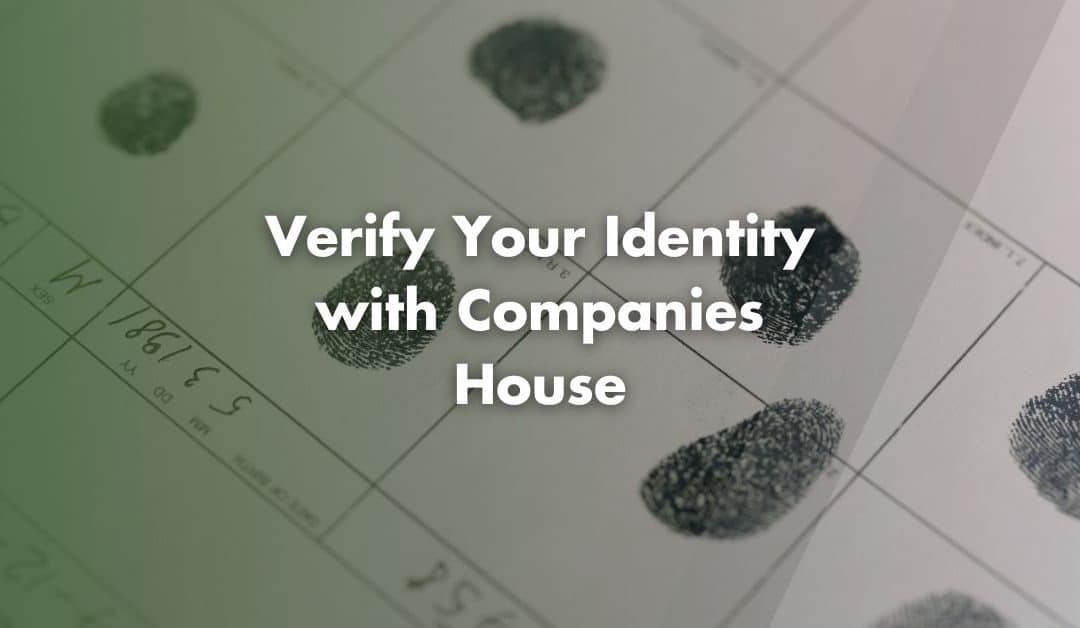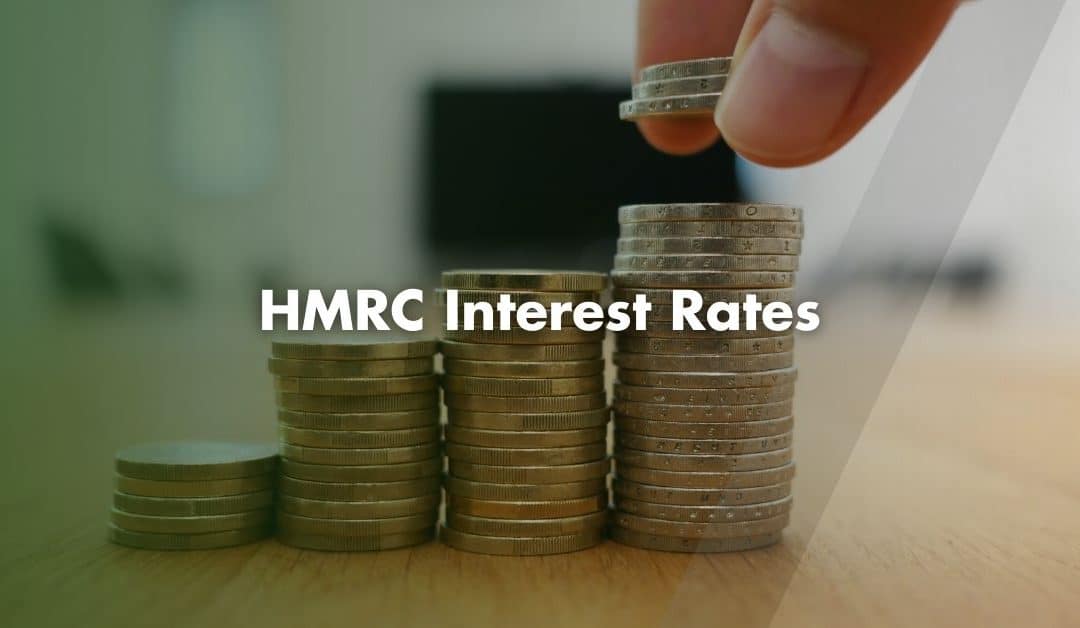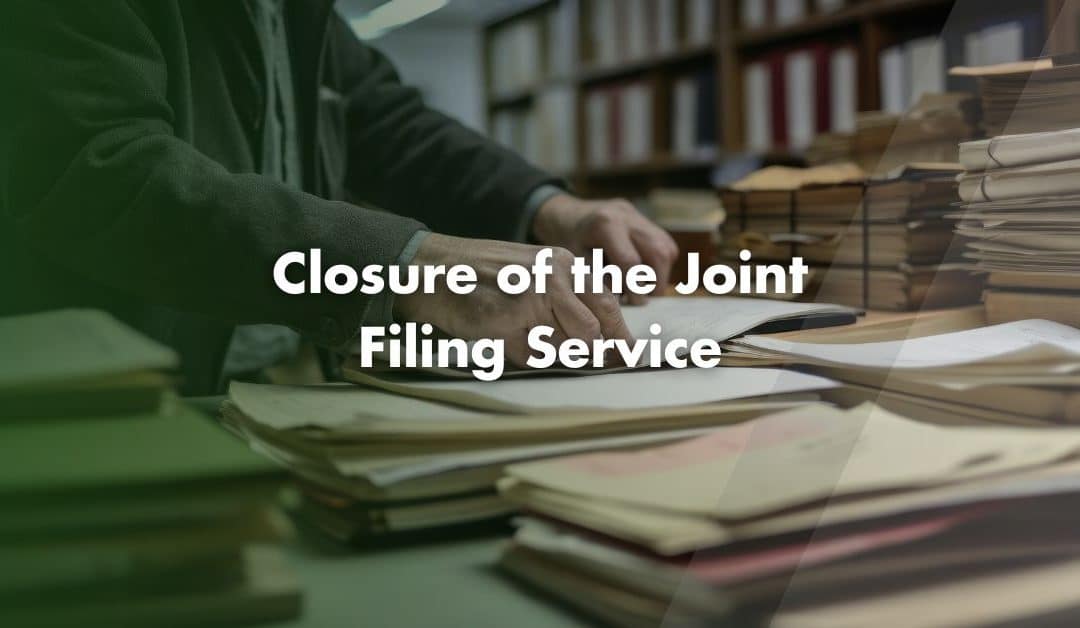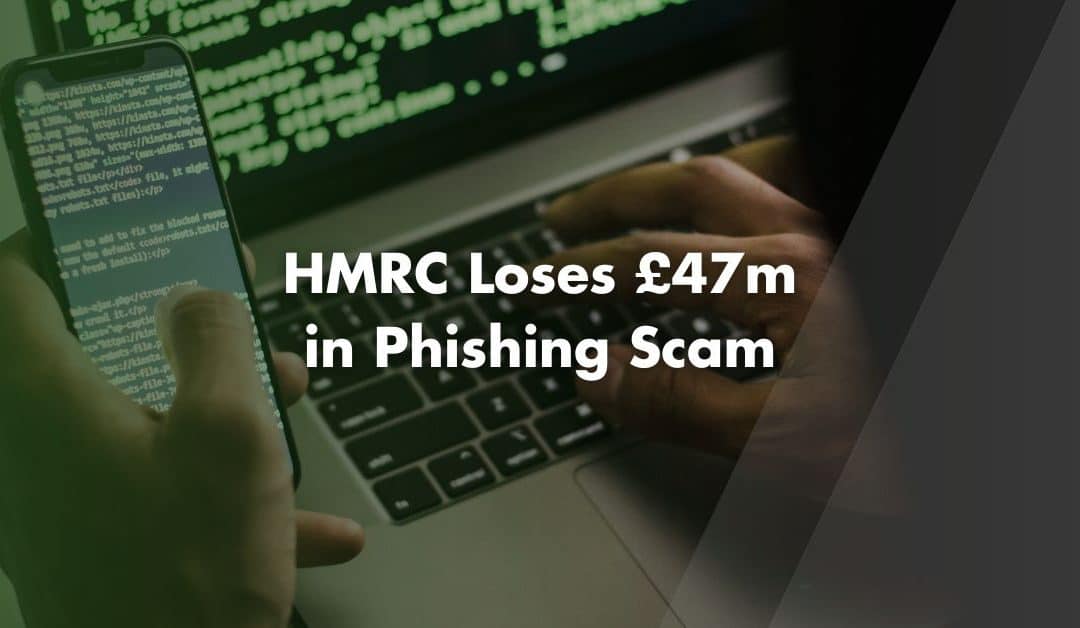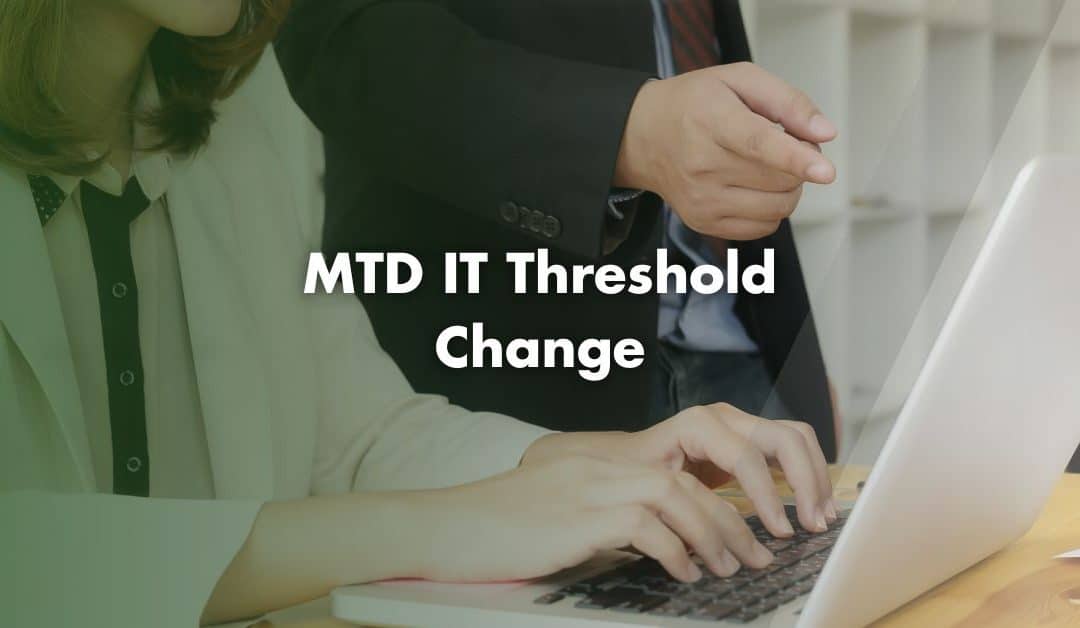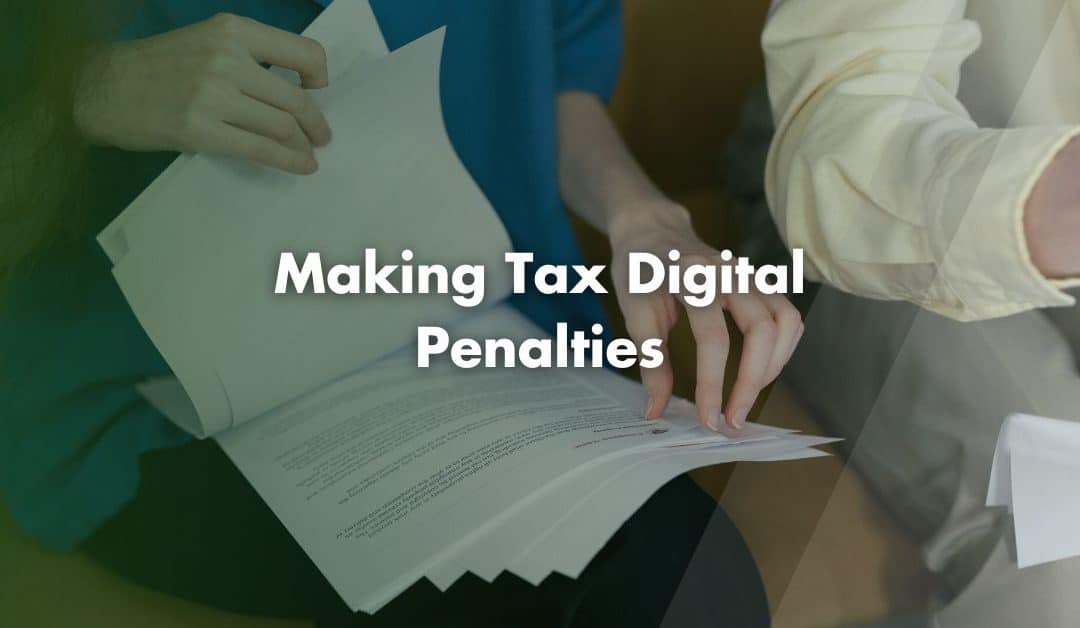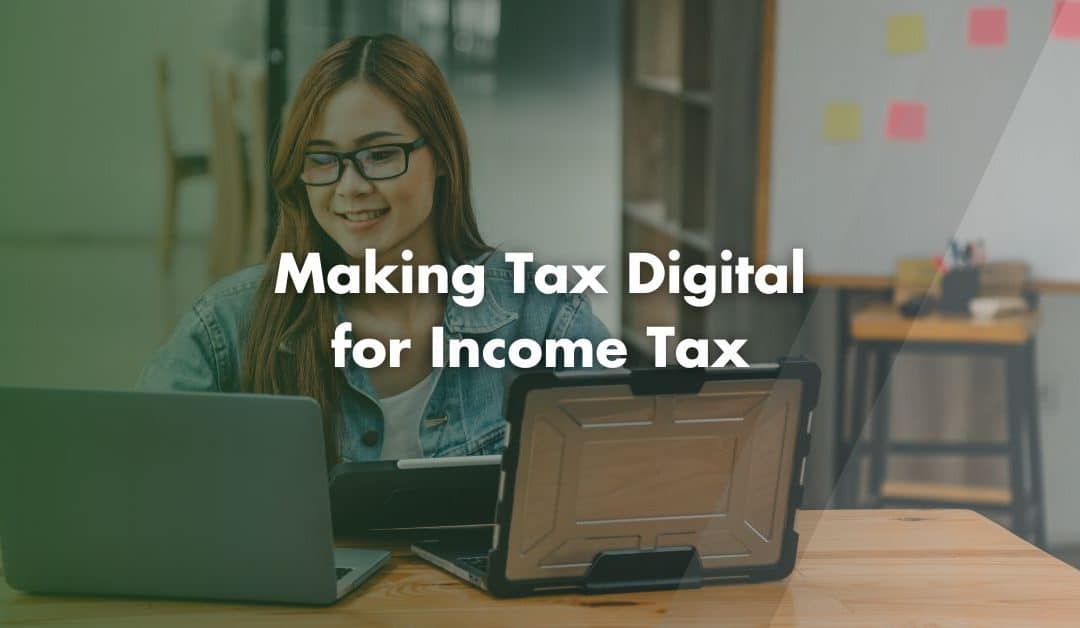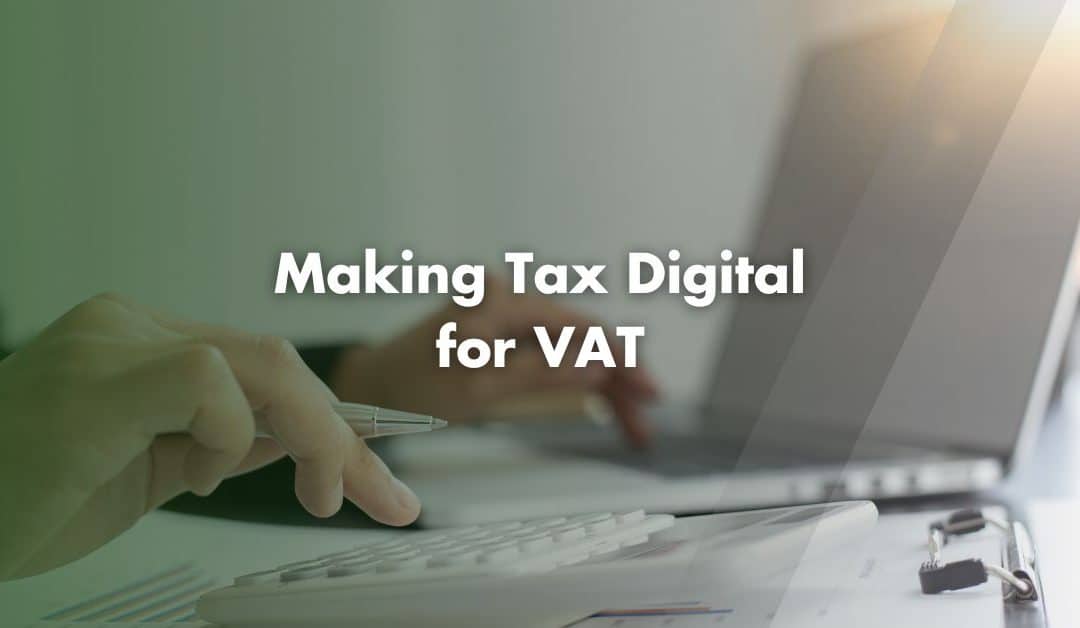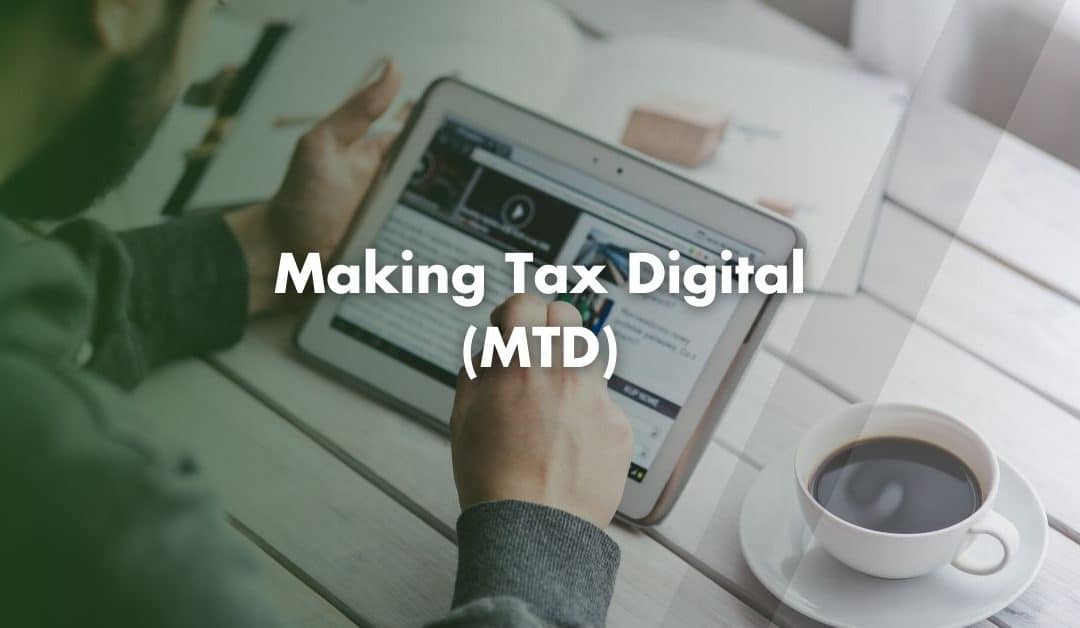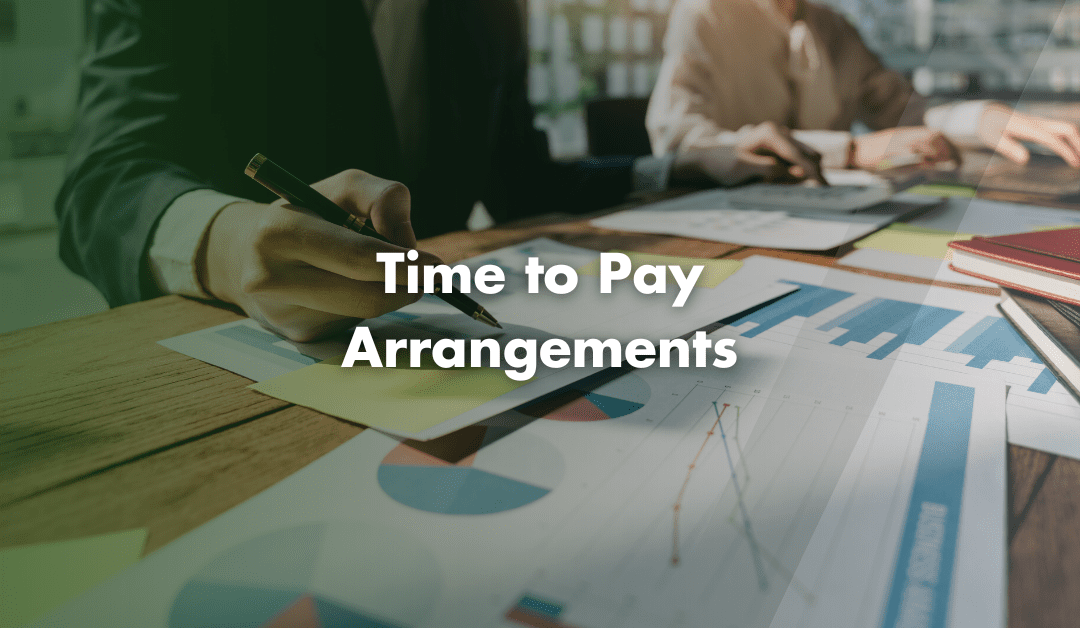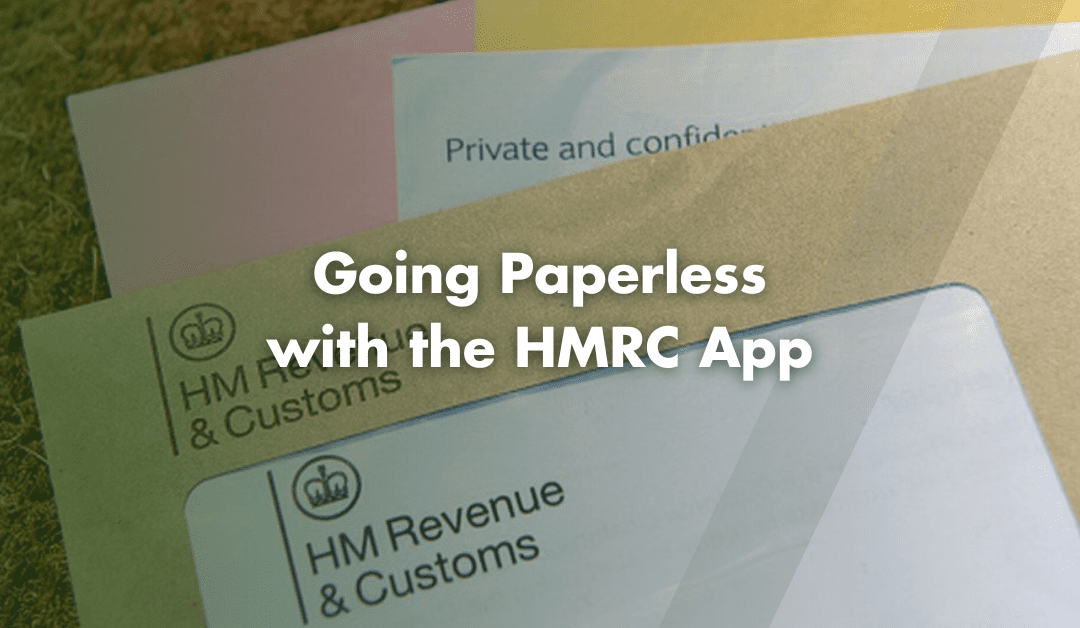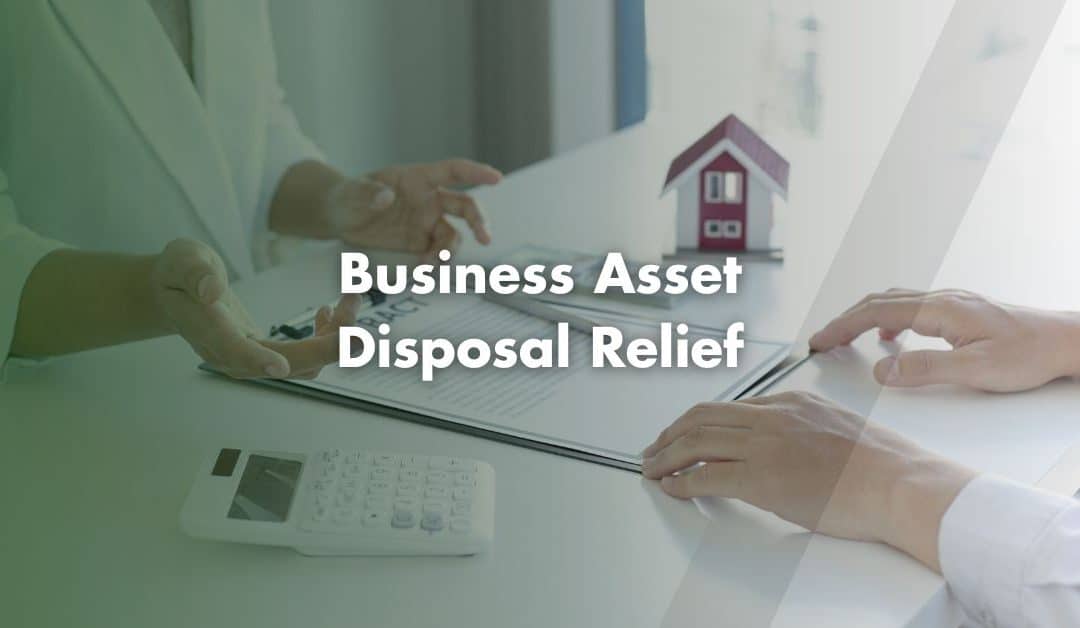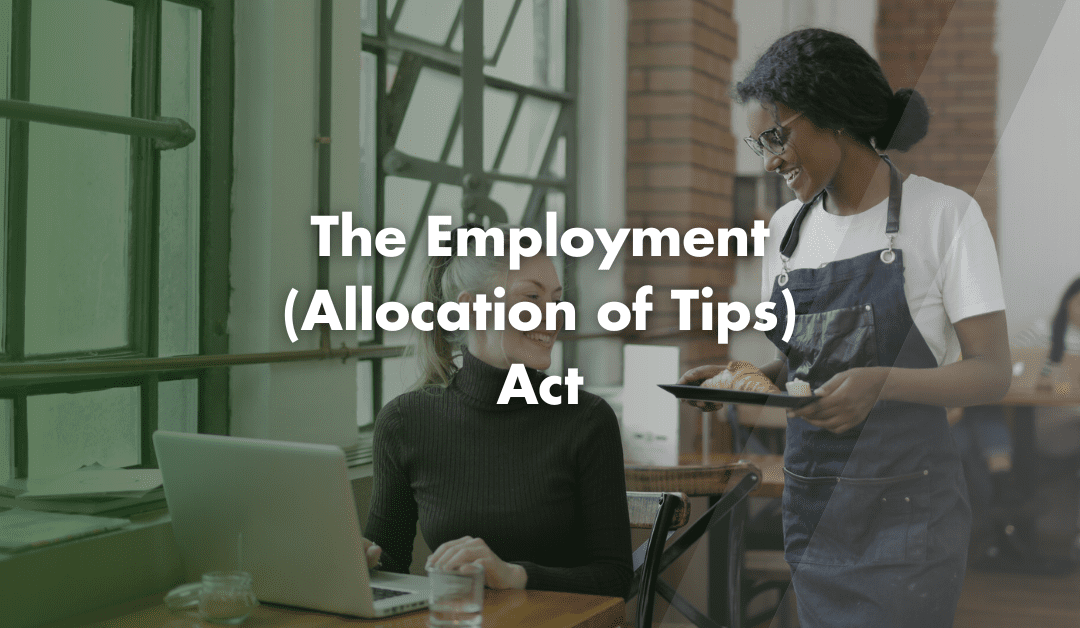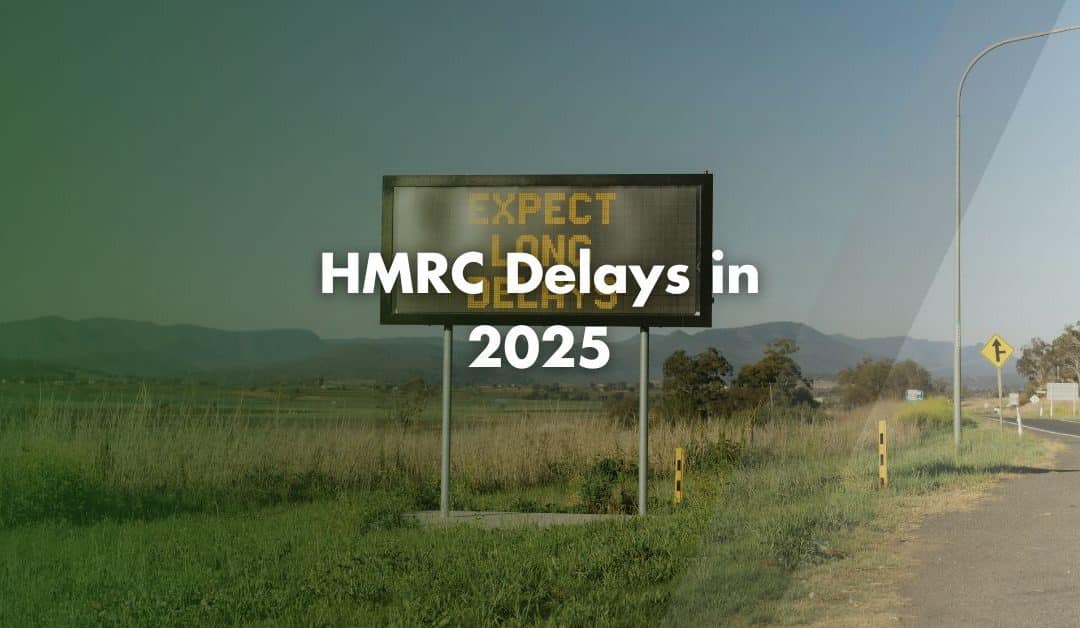
by Pi Accountancy | Aug 14, 2025 | HMRC
HMRC is facing mounting criticism over long delays in processing tax refunds. In cases, individuals and businesses have been waiting more than four months to receive their money. This marks a sharp increase from the previous average of four to six weeks. For small...

by Pi Accountancy | Aug 12, 2025 | Corporation Tax, Regulations and Schemes, Taxes
Full Expensing is a tax relief which should encourage businesses to invest in their own growth. It allows them to claim the entire cost of qualifying Plant and Machinery in the year they purchase it. This immediate deduction reduces your taxable profits and frees up...

by Pi Accountancy | Aug 6, 2025 | Business, Companies House
If you have ever registered a company in the UK, you have likely come into contact with “SIC Codes”. But what actually are they and why do they matter to your business? What is a SIC Code? SIC Code stands for “Standard Industrial Classification...

by Pi Accountancy | Aug 5, 2025 | Companies House
If you run a limited company in the UK, many of your legal obligations rely on one small but powerful tool: The Companies House Authentication Code. This unique code acts as your digital signature and grants you secure access to update your company’s information...

by Pi Accountancy | Jul 29, 2025 | Advisory and Resources, HMRC, Self-Employed
Whether you are launching a freelance career or building a full-time business, the first step is to register as Self-Employed with HMRC. This makes sure you declare your income properly and that you meet all legal obligations. What Does It Mean to Be Self Employed?...

by Pi Accountancy | Jul 9, 2025 | HMRC, Self Assessment, Taxes
If you are self-employed or submit a Self Assessment tax return, you should be familiar with Payments on Account. These advance payments help spread the cost of your tax bill across the year, preventing one large lump sum. The Second Payment on Account is fast...

by Pi Accountancy | Jul 8, 2025 | Companies House, HMRC, Regulations and Schemes
Every limited company in the UK must file Annual Accounts. These accounts, often referred to as Statutory Accounts, provide a detailed and transparent view of your company’s financial position over the past year. Filing these accounts is a legal obligation. What...

by Pi Accountancy | Jun 26, 2025 | Companies House
Companies House is the UK’s official register of companies. If you run a limited company in the UK, you must provide specific information that becomes publicly available. This requirement supports a wider framework of corporate openness. Why Must Company...

by Pi Accountancy | Jun 18, 2025 | Companies House
To increase transparency and reduce fraud, Companies House now requires you to verify your identity if you manage or own a UK-registered company. This is part of the Economic Crime and Corporate Transparency Act 2023 and therefore represents a shift in how companies...

by Pi Accountancy | Jun 17, 2025 | HMRC
HMRC Interest Rates are a major consideration for business owners. These rates, now firmly tied to the Bank of England Base Rate, bring sharper consequences for late payments and a clearer reward system for overpayments. How HMRC Sets Interest Rates Legislation...

by Pi Accountancy | Jun 9, 2025 | Companies House, HMRC
From 31st March 2026, the Joint Filing Service provided by HMRC and Companies House will permanently close. This long-standing and free service has allowed small companies to submit both their Annual Accounts and Company Tax Return in one convenient step. However,...

by Pi Accountancy | Jun 6, 2025 | HMRC
HMRC has reported a loss of £47m due to a large-scale phishing scam which targeted the UK tax system in 2024. Organised crime gangs carried out this fraud by exploiting stolen personal information to create new tax accounts or by hijacking existing ones. Using these...

by Pi Accountancy | Apr 22, 2025 | MTD
The UK Government is accelerating its rollout of Making Tax Digital for Income Tax (MTD IT) and recent announcements have added greater clarity to the direction of travel, from a threshold drop to no more online filing alternative. MTD IT Income Threshold to Drop in...

by Pi Accountancy | Apr 17, 2025 | MTD
With the gradual rollout of Making Tax Digital for Income Tax (MTD IT), HMRC is introducing a new penalties system. These updated rules are stricter, more structured and far more time-sensitive that many taxpayers are used to. Who Will Be Affected By MTD Penalties?...

by Pi Accountancy | Apr 16, 2025 | Advisory and Resources, MTD, Property Landlords, Regulations and Schemes, Self Assessment, Self-Employed, Self-Employment and SMEs, Taxes
Making Tax Digital (MTD) for Income Tax is changing how sole traders and landlords keep records and report income to HMRC. Instead of completing most of the work once a year, you will spread your tax admin more evenly across the year. As a result, you can keep better...

by Pi Accountancy | Apr 15, 2025 | MTD
Making Tax Digital (MTD) is a government initiative to modernise the tax system, making it more effective and efficient. It requires businesses to keep digital tax records and submit VAT returns using HMRC-approved software. MTD helps businesses avoid common mistakes...

by Pi Accountancy | Apr 10, 2025 | Frequently Asked Questions, MTD
Making Tax Digital (MTD) is a government initiative to modernise the tax system by encouraging businesses, landlords and individuals to keep digital records and submit tax information using compatible software. The goal is to simplify tax compliance and ensure tax is...

by Pi Accountancy | Feb 6, 2025 | HMRC
A Time to Pay arrangement is an agreement with HMRC to pay tax debts in instalments, rather than in one lump sum. This scheme covers most types of tax debts, including: Corporation Tax PAYE Self Assessment VAT You will make monthly payments via Direct Debit. While the...

by Pi Accountancy | Nov 28, 2024 | Regulations and Schemes
E-bikes are bicycles equipped with an integrated electric motor and battery. This motor assists the rider’s pedalling, making cycling less effort-intensive. While they still require pedalling, the electric assistance can provide a boost, especially when climbing...

by Pi Accountancy | Nov 14, 2024 | HMRC
Going Paperless with the HMRC App If you find yourself puzzled by the absence of your usual Self Assessment letter, you’re not alone. HMRC is reducing the number of paper communication it sends, encouraging taxpayers to manage their affairs digitally. If you’re...

by Pi Accountancy | Oct 31, 2024 | Advisory and Resources, Business, Regulations and Schemes
When you sell or close your business, the profits you make may be subject to Capital Gains Tax (CGT). This tax can significantly reduce your final earnings. Business Asset Disposal Relief (BADR) helps lower that burden by allowing eligible business owners to pay a...

by Pi Accountancy | Oct 1, 2024 | HMRC
The Employment (Allocation of Tips) Act From 1st October 2024, millions of workers across the UK will see a boost to their earnings, thanks to the Employment (Allocation of Tips) Act. This new law has been put in place to allow workers to keep 100% of their tips,...

by Pi Accountancy | Sep 4, 2024 | Frequently Asked Questions, HMRC, Taxes
Tax Investigation Insurance is a specific type of cover that protects you from the professional fees you will incur if HMRC investigates your tax affairs. These tax investigations can come from irregularities in your tax returns or entirely at random. The insurance...

by Pi Accountancy | Sep 3, 2024 | Frequently Asked Questions, HMRC, Taxes
An HMRC Tax Investigation, also known as a compliance check, is an official review of an individual’s or business’s tax records. HMRC wants to confirm that they are calculating and paying their taxes correctly. These investigations therefore allow HMRC to...



